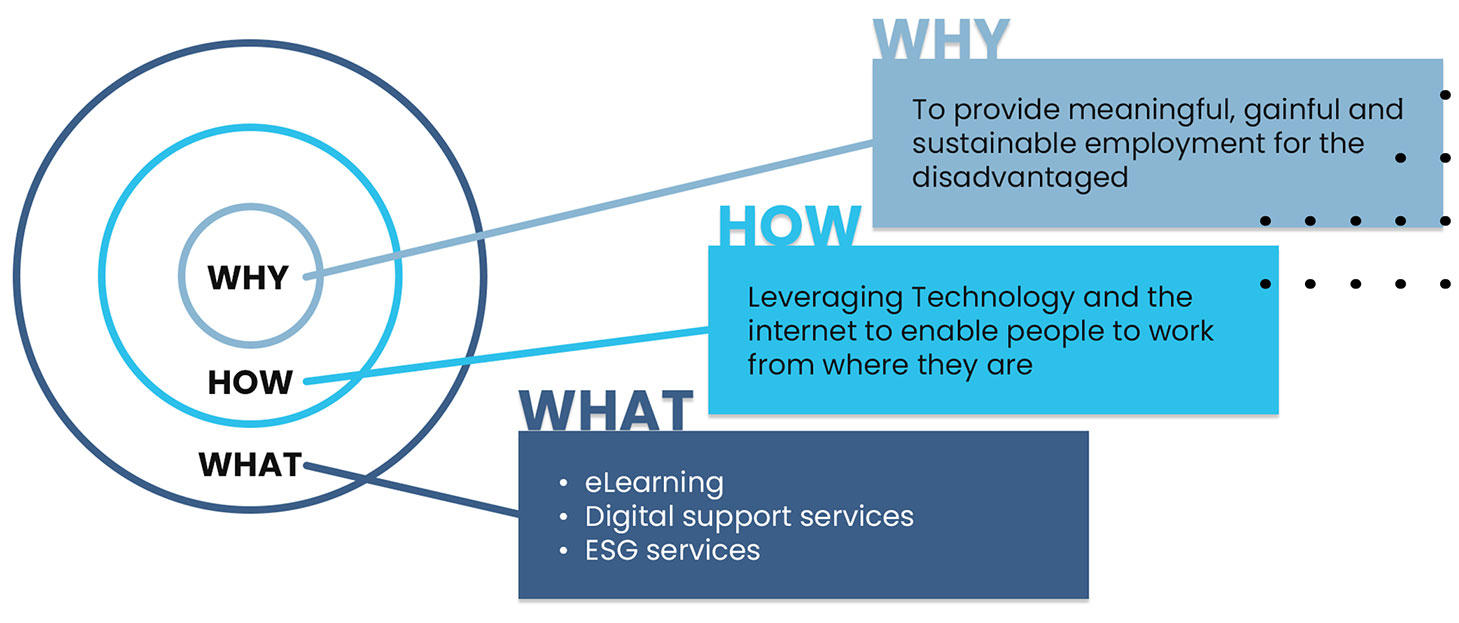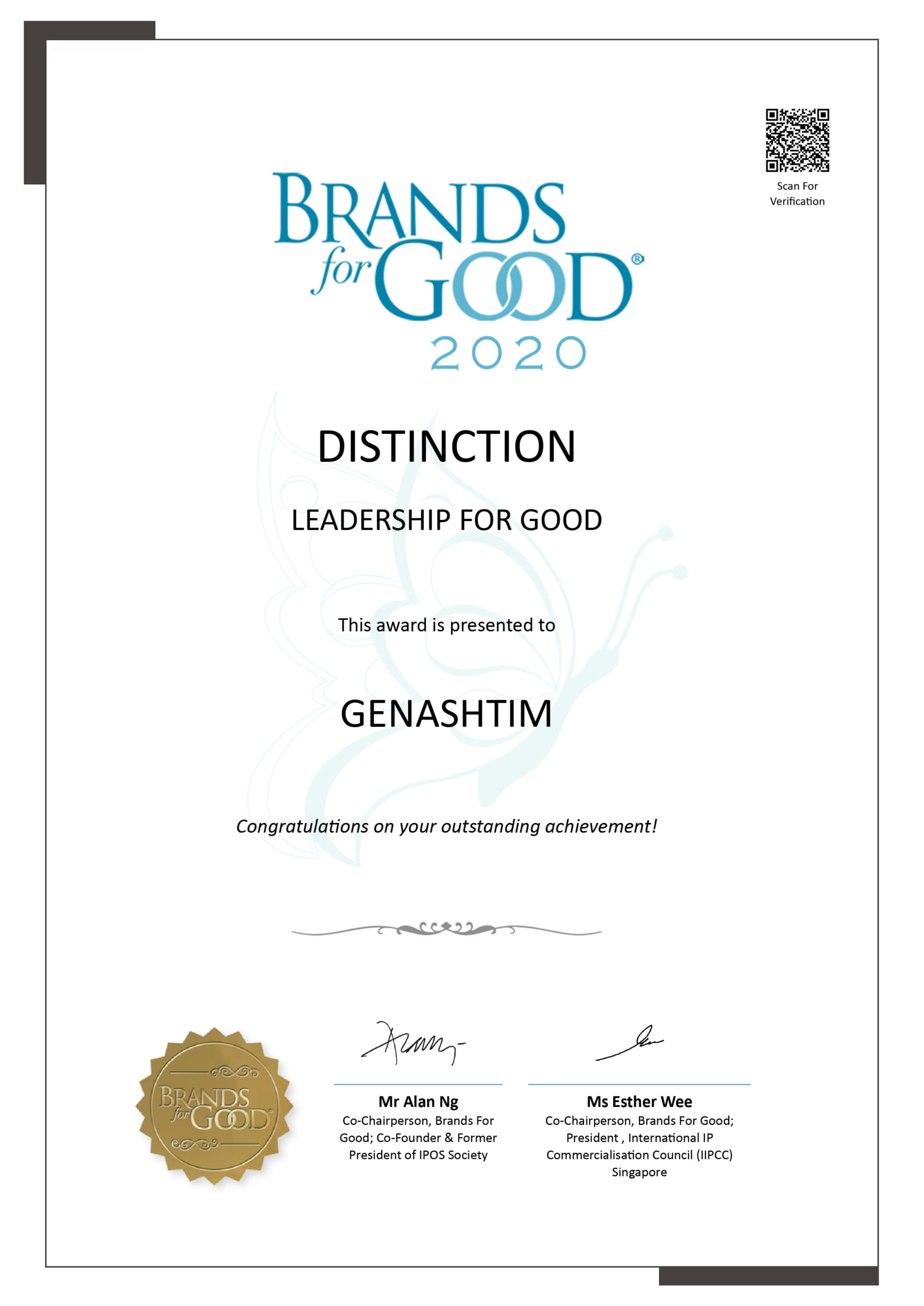Hacking Inflation: Outsmart, Outsave, Outlast

We’re All Feeling the Pinch
It’s not your imagination if you thought that the price tag on the tofu you picked up has a 20-cent increase from last week; everything costs more as days go by.
Whether you’re buying groceries, refueling your car, or going out for a meal, inflation is stretching every dollar, peso, or ringgit further than before. It doesn’t just affect luxuries but also touches every corner of daily life: basic food items to healthcare and housing.
Financial anxiety takes hold when prices surge, and your income remains fixed.
The good news is that you’re not powerless. While you may not be able to control the economy, you can control how you respond to it.
With the right mindset, tools, and strategies, you not only can survive inflation; you can leverage it as a catalyst to hack inflation, becoming financially stronger, smarter, and more secure. Here’s what you can do:
1. Cut Costs with Intention and Precision
You needn’t skip your favorite Starbucks coffee. Just make the coffee at home. Improvise.
During inflation, even small leaks in your budget can sink the ship. That’s why you should readjust to cheaper options and be ruthless in financial auditing.
What to Do:
- Track every expense using budgeting apps or simple spreadsheets. Awareness is power.
- Prioritize needs over luxuries, especially in categories like food, transportation, subscriptions, and personal care.
- Downsize where possible: Can you switch to a smaller apartment with cheaper rent? A more fuel-efficient vehicle? Reduce meat consumption and takeout? These shifts can save hundreds of dollars monthly.
- Cut or pause non-essentials: Restaurant nights, branded items, multiple streaming platforms. You’ll be surprised when you realize that these aren’t necessities for a good life.
- Go to government hospitals: Although the wait time is longer, government hospitals offer the same level of treatment and technology as private hospitals, but at a fraction of the cost.
- Switch to smart shopping:
- Buy household goods, toiletries, and non-perishables in bulk when on sale.
- Use reward cards or loyalty apps to maximize discounts.
Real-life tip:
One strategy that works for me personally is buying skincare, supplements, and pantry staples online during major sale periods, combining deals with free shipping. It requires planning, but it saves significantly in the long run.
2. Increase Income, Even in Small Doses
If cutting costs is half the strategy, increasing income is the other. You may be unable to demand a raise, but you can explore alternative ways to earn. Even an extra $50 a week can become a powerful cushion against rising costs.
How to Build Supplemental Income:
- Monetize your skills: Are you good at writing, design, translation, admin, or coaching? Offer your services on platforms like Upwork or Fiverr.
- Tap into the gig economy:
Join local task-based platforms for pet sitting, tutoring, food delivery, or virtual assistance. Even short weekend gigs can cover bills. - Declutter and sell:
Go through your wardrobe, shelves, and storage. Unused clothes, gadgets, books, and home items can be sold online. Turn clutter into cash! - Teach or consult:
If you have expertise in a specific field, consider offering coaching or creating digital courses.
Start small, think long:
- $50/week = $200/month = $2,600/year
- Invest or save that amount and you’re building real security.
3. Master the Art of Grocery Saving
Food prices are among the most visible effects of inflation. Did you know that the grocery store is also one of the easiest places to strategically cut costs and increase efficiency?
Smart Grocery Strategies:
- Plan meals for the week before shopping. Avoid impulse buying.
- Batch cook and freeze meals to reduce waste and reliance on takeout.
- Use cashback apps and loyalty points to earn while you shop (e.g. Rakuten, Ibotta, or local equivalents).
- Compare stores: Try discount supermarkets or farmers’ markets. Many offer better value, especially for fresh produce.
- Buy generic brands: Most are equal in quality and far cheaper than name brands.
- Use leftovers creatively: Turn yesterday’s roast and vegetable ends into today’s sandwich and vegetable stock. Waste nothing.
Tip: A full freezer saves money: you can buy and store in bulk. Simultaneously, your appliance runs more efficiently—more money saved!
4. Adopt a Long-Term Money Growth Mindset
Short-term savings are vital. However, true financial freedom comes from mindset shifts. Inflation is a wake-up call for many of us to think long-term and build wealth habits, not just avoid poverty.
Shift How You Think About Money:
- Track your net worth monthly, not just your income or expenses.
- Start investing: Even $10/month in index funds or high-yield accounts can grow over time.
- Avoid lifestyle inflation: Don’t spend more just because you earn more. Anchor your lifestyle to values, not income.
- Practice value-based spending: Spend on what brings true return, whether it’s education, health, or skills. Don’t succumb to social pressure or impulse buying.
Financial literacy is financial power. Invest time in free learning through YouTube, blogs, books, or community college courses. The ROI is immense.
5. Leverage Free and Community Resources
When budgets tighten, community resources become invaluable. There’s no shame in using what’s already available to you for free or at a reduced cost.
What You Can Access:
- Libraries: Not just books – many offer internet access, free workshops, resume help, and more.
- Government programs: Look into subsidies, food assistance, or tax benefits available in your region.
- Barter networks: Exchange services or skills such as babysitting, tutoring, haircuts, or car repairs without spending money.
- Support groups: Facebook groups, local forums, or neighborhood networks often share discount tips, job leads, and swap opportunities.
- Carpool: Save on fuel and vehicle maintenance, while reducing cars on the road and the associated traffic jams and pollution.
- Shared internet connection: Share your Wi-Fi password with your neighbors and split the bill.
Asking for help doesn’t reflect weakness. It reflects resourcefulness and resilience.
6. Optimize Company Training Initiatives and Benefits
As inflation affects every aspect of life, one of the most effective ways to stay ahead financially is by increasing your earning potential. Company-funded training benefits help employees gain in-demand skills without the financial burden, making them a smart, inflation-resistant strategy for long-term growth.
Make the Most of Company-Sponsored Learning:
- Use your company’s training allowance to upskill in areas with high market demand or advance your existing skillset.
- Choose certifications that boost your value, like project management, leadership, or data analytics.
- Avoid stagnation. Set yearly learning goals tied to your career growth.
- Track your progress and apply new skills to increase your contribution and earning potential.
Genashtim’s Training and Development Initiative
To support employee growth, Genashtim provides every team member with a USD 500 annual training allowance.
Team members can use this fund to:
- Enroll in 1 fully covered eCornell course
- Take short courses on other reputable online platforms
In times of inflation, learning is a powerful shield. The right training helps you command better opportunities, freelance income, or promotions, making your career more resilient no matter the economic climate.
7. Maximize Company HMO and Health and Wellness Benefits
As inflation surges, healthcare expenses are among the hardest hit. From basic checkups to emergency care, rising medical costs are draining savings and budgets. This is where company-sponsored health and wellness benefits play a critical role, not just in promoting employee well-being, but in offering real financial relief.
Make the Most of Employer-Provided Healthcare Support:
- Use health subsidies or HMO coverage for preventive care,not just emergencies.
- Claim expenses for dental, optical, and mental wellness services where applicable.
- Prioritize long-term health: regular screenings and supplements can reduce major costs later.
- Take advantage of mental health programs, especially during times of financial or work-related stress.
Genashtim’s Health and Wellness Policy
Genashtim supports employee well-being through its USD 750 annual medical subsidy. Team members are encouraged to use it for:
- Preventive checkups and essential supplements
- Dental, optical, and general medical expenses/appliances
- Mental and physical wellness and therapy support
By easing the cost of healthcare, companies support employees in prioritizing their health without financial worry. In an inflationary environment, this kind of support is not just helpful – it’s essential. Healthy employees are resilient, focused, and better equipped to thrive in both life and work.
Final Thought: Inflation Is a Challenge-But Also a Chance
Inflation tests us, but it also transforms us. It forces tough choices and new habits, and pushes us toward creativity, resourcefulness, and growth.
You don’t have to overhaul your life overnight. But each small action, such as cutting cost, earning a bit more and learning a new skill adds up. That’s how wealth is built: step by step, with intention.
You don’t need to have it all figured out.
You just need to start, and keep on going.

















































































































